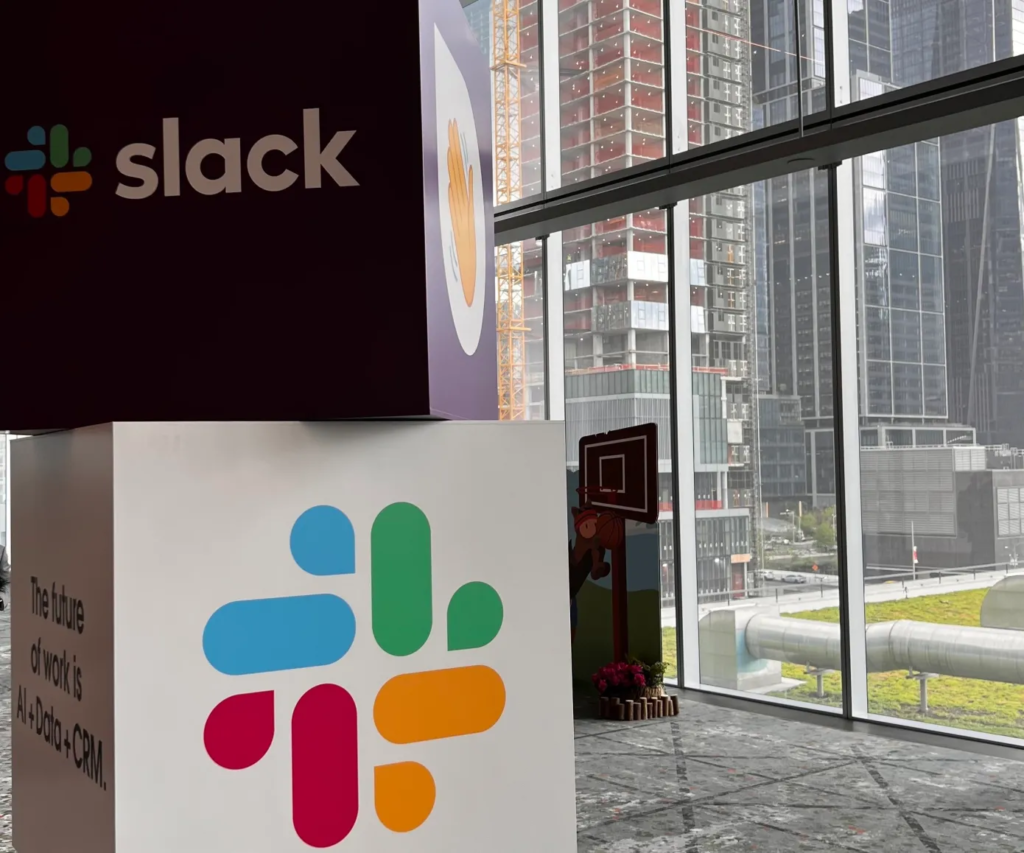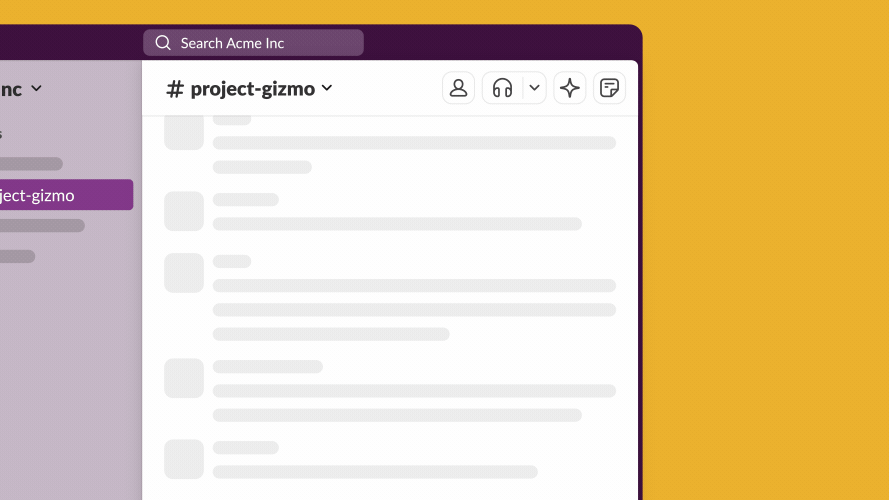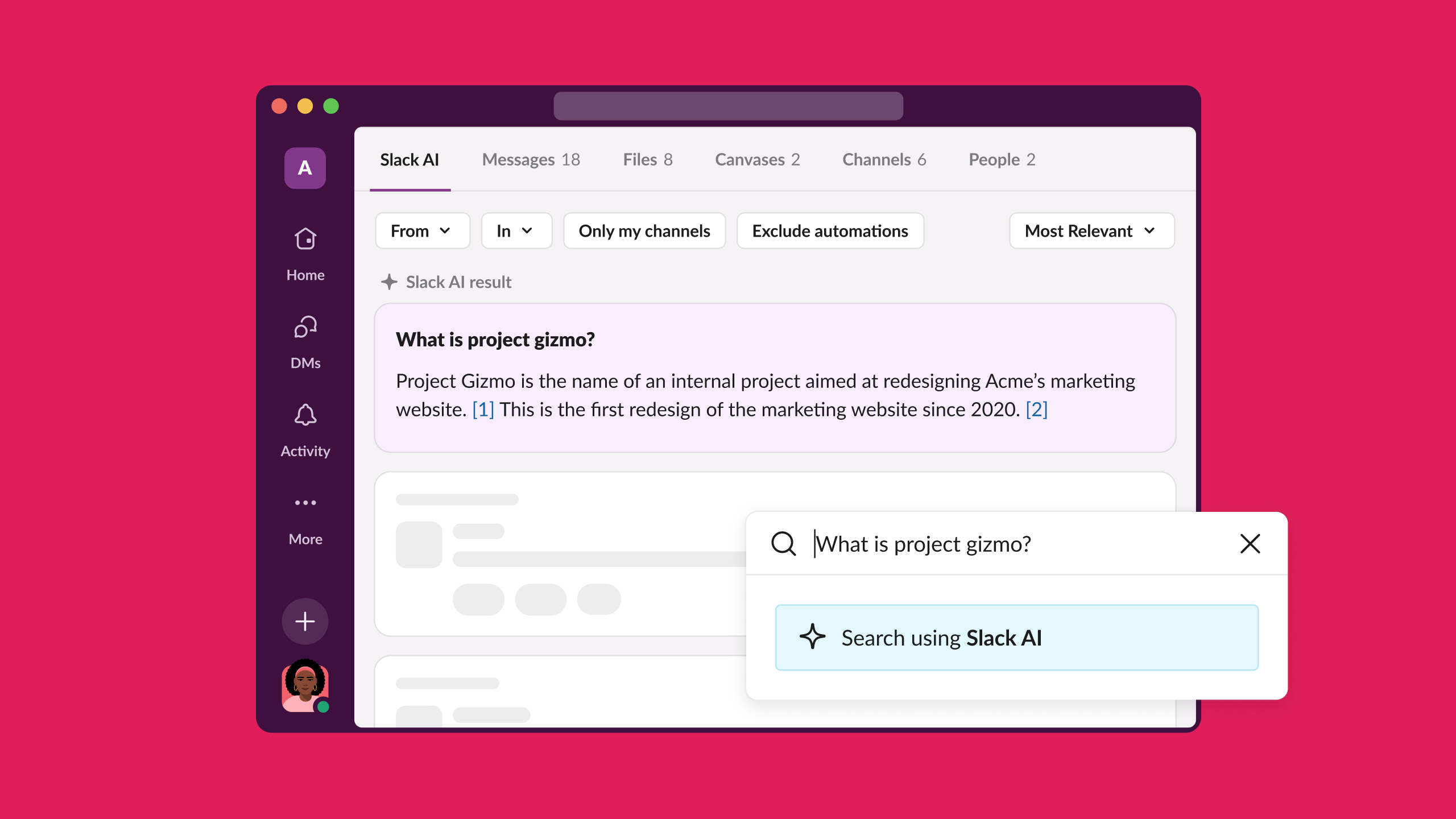
As an enterprise communications platform, Slack has stored a lot of institutional knowledge, but retrieving that information has been hard with conventional search tools. Today Slack launched two new features aimed at making that information more available, including a new AI-powered search tool and the option to summarize information within channels. Noah Weiss, the chief product officer at Slack, says the platform naturally collects corporate information in a casual and unstructured manner. The challenge is finding a way to reveal that hidden wealth of knowledge.
“The bottom line of all this is that now this new wave of generative AI abilities allows us to extract a whole new level of meaning and intelligence out of all that analysis that has been created for years [on our platform],” Weiss told TechCrunch. Last May Slack announced that it was integrating generative AI into the platform at the Salesforce World Tour in New York City. It was more of a broad appeal to action with the creation of SlackGPT, its own version of generative AI tailored specifically for content on the Slack platform. Today’s announcement is about applying that in more concrete ways. Weiss says being able to summarize channel content helps employees get up to speed after time off, or simply avoid having to read a long thread to get the main idea of the conversation. With channel summaries, you can request a summary and Slack’s AI model produces a summary of all the topics discussed along with references to show how the model generated each part of the summary, which Weiss says was a crucial part of the design of this feature. “You can drill into any area and we show you all the detailed context. So we were really thinking about transparency, building trust, making sure that we show our work and giving people the ability to drill in to learn more if they want to,” he said.

The company also enables users to ask questions in a natural way, similar to ChatGPT, but it uses Slack content rather than more generic internet content, so a user could ask a question like ‘What is Project Gizmo?’ SlackGPT then provides an answer, along with sourcing, to show people the origin of the answer and its reliability.

Each answer undergoes a quality check, where users can rate the answer as good, bad or neutral, so the model can improve the quality of the responses, and the system engineers can monitor the model’s performance. He did not reveal the details of the underlying model, only stating that it was a combination of large language models. “We discovered that they all behave differently and have varying speed and quality attributes. We invested a lot of time in fine tuning the models for the data that we actually have in Slack, and also worked a lot on the prompt engineering aspect.” Slack AI with search and summarization is an extra product for enterprise plans, meaning that it will require additional payment on top of the normal license cost. Slack did not disclose the cost details, but it’s ready today in U.S. and U.K., English only for now, but will support more languages in the near future, according to the company.